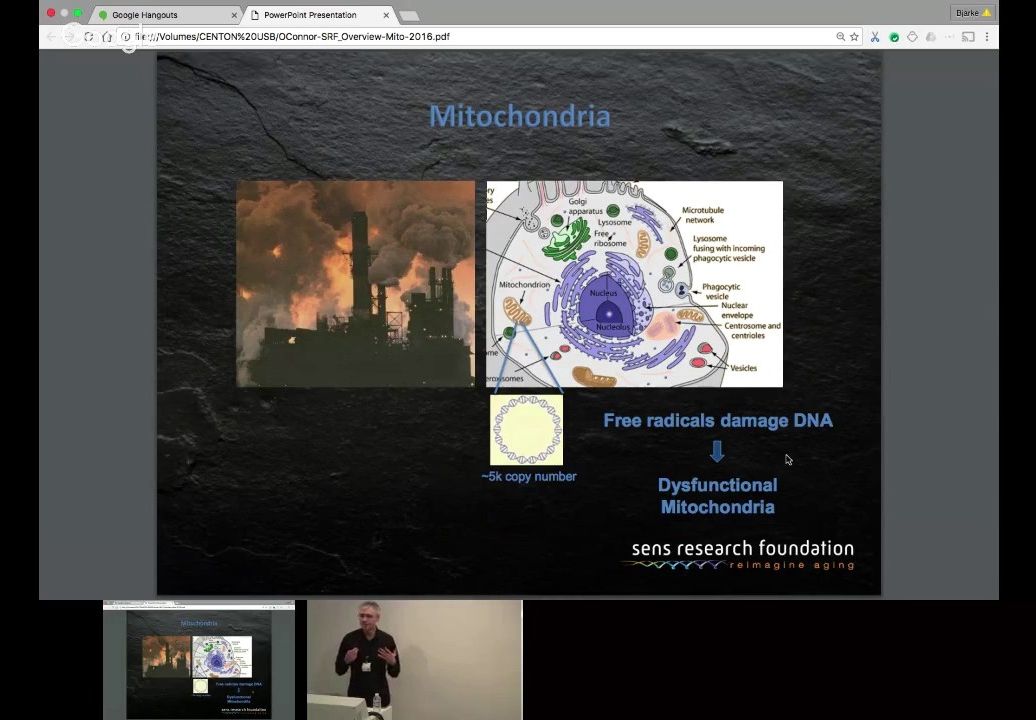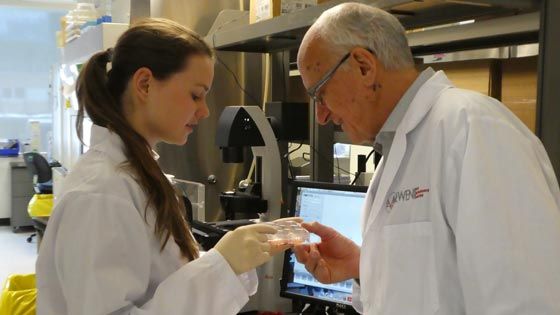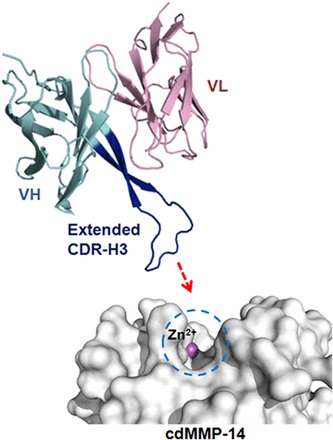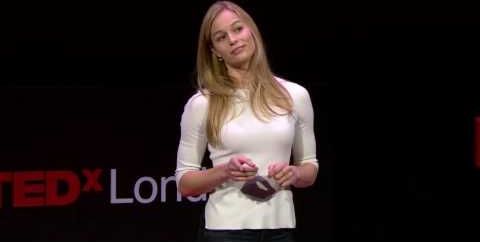Dec 20, 2016
Presenting Mitochondrial Rejuvenation at a Google Tech Talk
Posted by Steve Hill in categories: biotech/medical, life extension
Google Tech Talk with the SENS Research Foundation!
Commentary about our recent Google Tech Talk about the MitoSENS project from FightAging!
“As the clock ticks on this year’s SENS rejuvenation research fundraiser — less than two weeks to go now, and plenty left in the matching fund for new donations — it is good to be reminded of the progress that the SENS Research Foundation has accomplished with the charitable funding of recent years. With that in mind, today I’ll point you to a recent Google Tech Talk that provides a layperson’s introduction to one of the projects that our community has funded, fixing the problem of mitochondrial damage in aging. The point of the SENS (Strategies for Engineered Negligible Senescence) research programs is to accelerate progress towards specific forms of therapy that can bring aging under medical control.”
Continue reading “Presenting Mitochondrial Rejuvenation at a Google Tech Talk” »

















